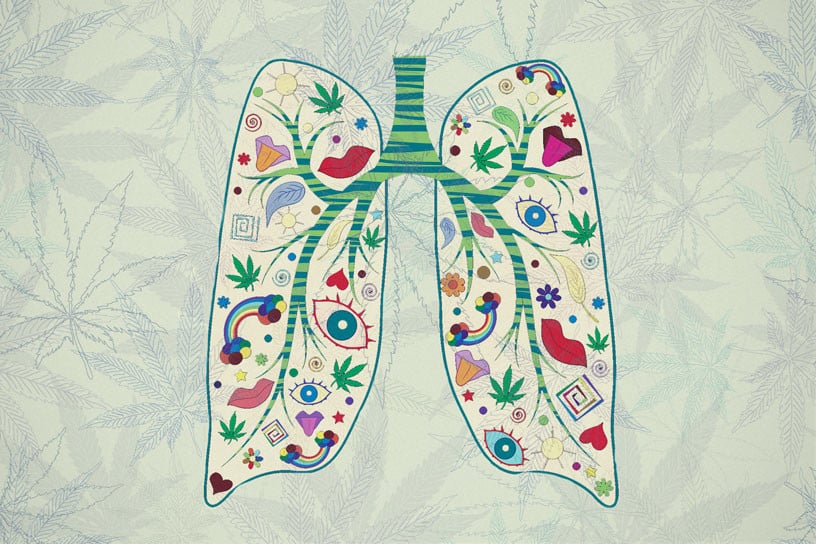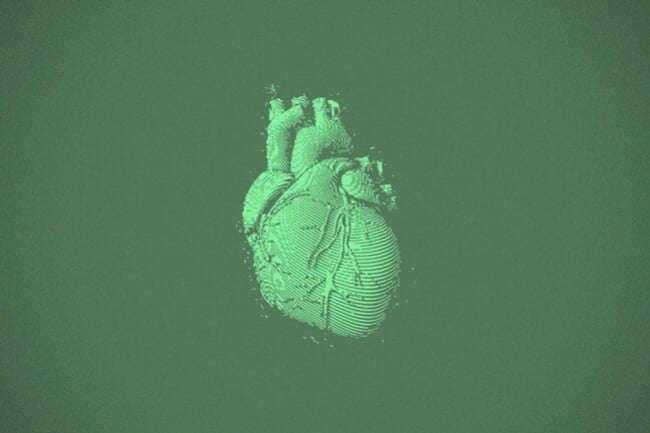.
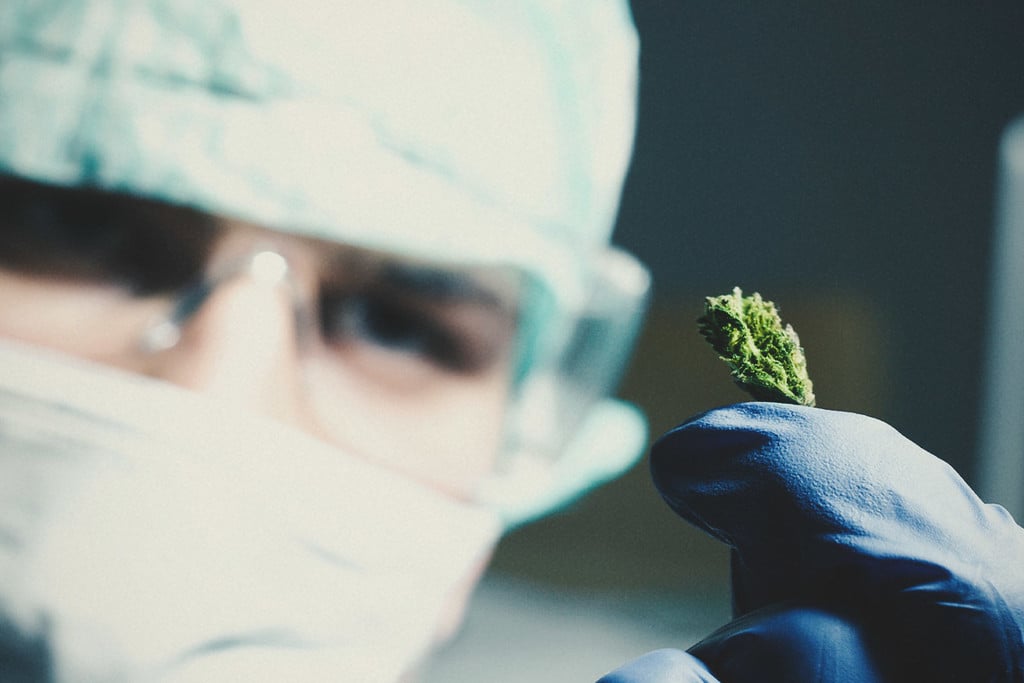
Marijuana and Cancer: What Does the Research Say?
Many anecdotal accounts describe the positive impact of cannabis against cancer. But how do these claims stand up to scientific scrutiny? Ongoing studies are examining the effects of cannabis phytochemicals against this devastating disease, and some countries and states even prescribe the herb to treat the side effects of conventional treatments.
Contents:
The advancement of modern medicine has vastly increased the average life expectancy and almost eradicated many contagious diseases that plagued humanity in the past. Now, we face a much different issue. Modern lifestyles, diet, and levels of environmental pollution have caused the rates of chronic disease to skyrocket, including cancer.
Although genetics plays a role in the pathology, around two-thirds of all cancer cases are thought to stem from environmental factors. The disease ranks as one of the biggest killers in the world, accounting for almost 10 million deaths[1] in 2020 alone. As it stands, 1 in 2 people in the United Kingdom will develop some form of cancer[2] in their lifetime.
Conventional treatments such as chemotherapy have saved many lives, but sometimes they simply don’t work. Although the survival rate has improved over time, patients still face a 50% chance[3] of dying from the disease.
Researchers are still hunting for therapeutics to increase the survival rate, cure cancer, and prevent it in the first place. Some academics have turned their attention to cannabis as a promising source of anti-cancer drugs. But doesn’t smoking cause cancer? Well, the research here remains murky. But many people that opt for cannabis as an alternative treatment ask the opposite: Can cannabis cure cancer?
These big questions require reliable, evidence-based answers. Unfortunately, these answers don’t exist, at least not yet. But ongoing studies are hoping to find results that could save millions of lives in the future. Join us below to discover more about cancer, medical marijuana, and how cannabis-derived chemicals are performing in studies exploring their role against the disease.
What Is Cancer?
Cancer starts when cells in the body begin to abnormally divide. DNA damage[4] caused by environmental factors plays a fundamental role in cancer formation, but inherited traits can also contribute to the disease. Both of these causes create changes to parts of DNA known as genes[5]—codes that give out instructions to make proteins in the body.
Genes are like a light switch. Cells can turn them on or off to fulfill different functions. However, when damaged, genes mutate[6] and turn into oncogenes. This is a problem. Unlike normal genes, the body cannot turn oncogenes off. Whereas genes in normal cells can suppress cell growth, mutated cells are able to continue dividing uncontrollably.
Simply put, normal cells die when they become old or dysfunctional, whereas cancer cells become immortal[7]. Eventually, cancer cells divide to the extent that they form a tumour. Because cancer cells can evade the immune system[8], they eventually spread to other sites throughout the body. When cancer reaches parts of the body that are essential to life[9], such as the brain, liver, or pancreas, they can become fatal.
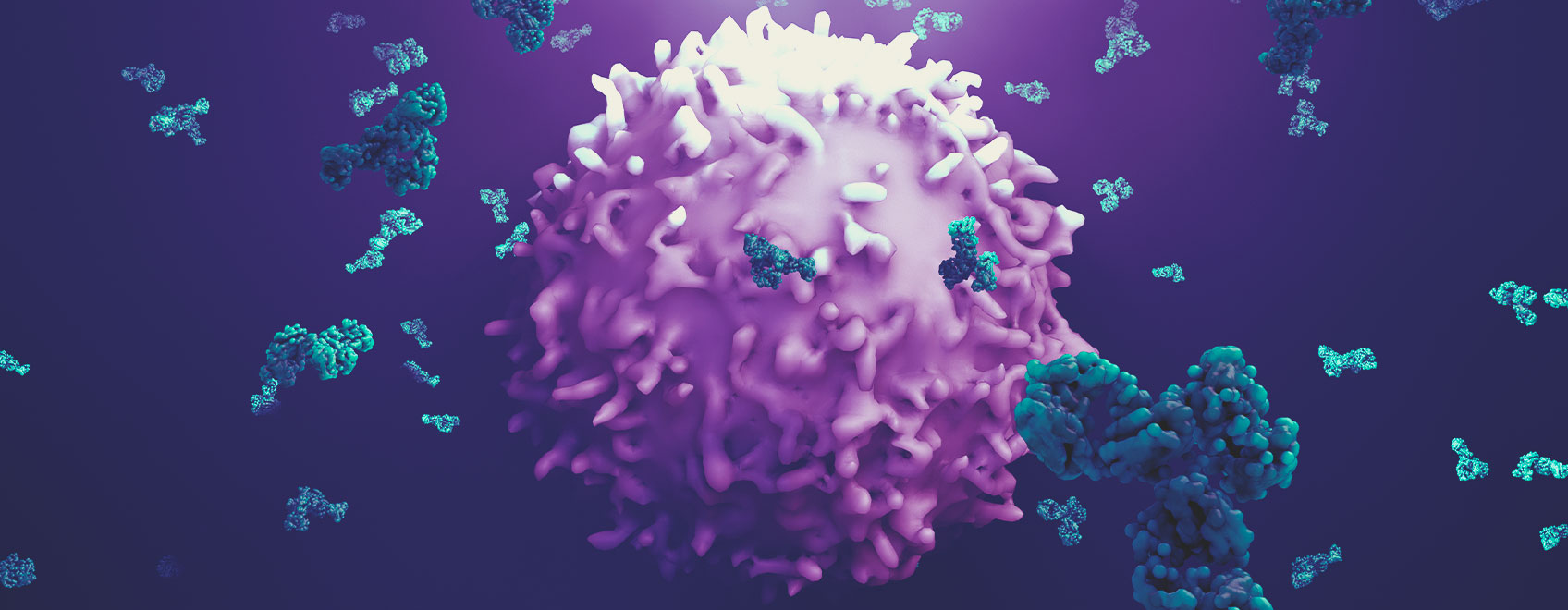
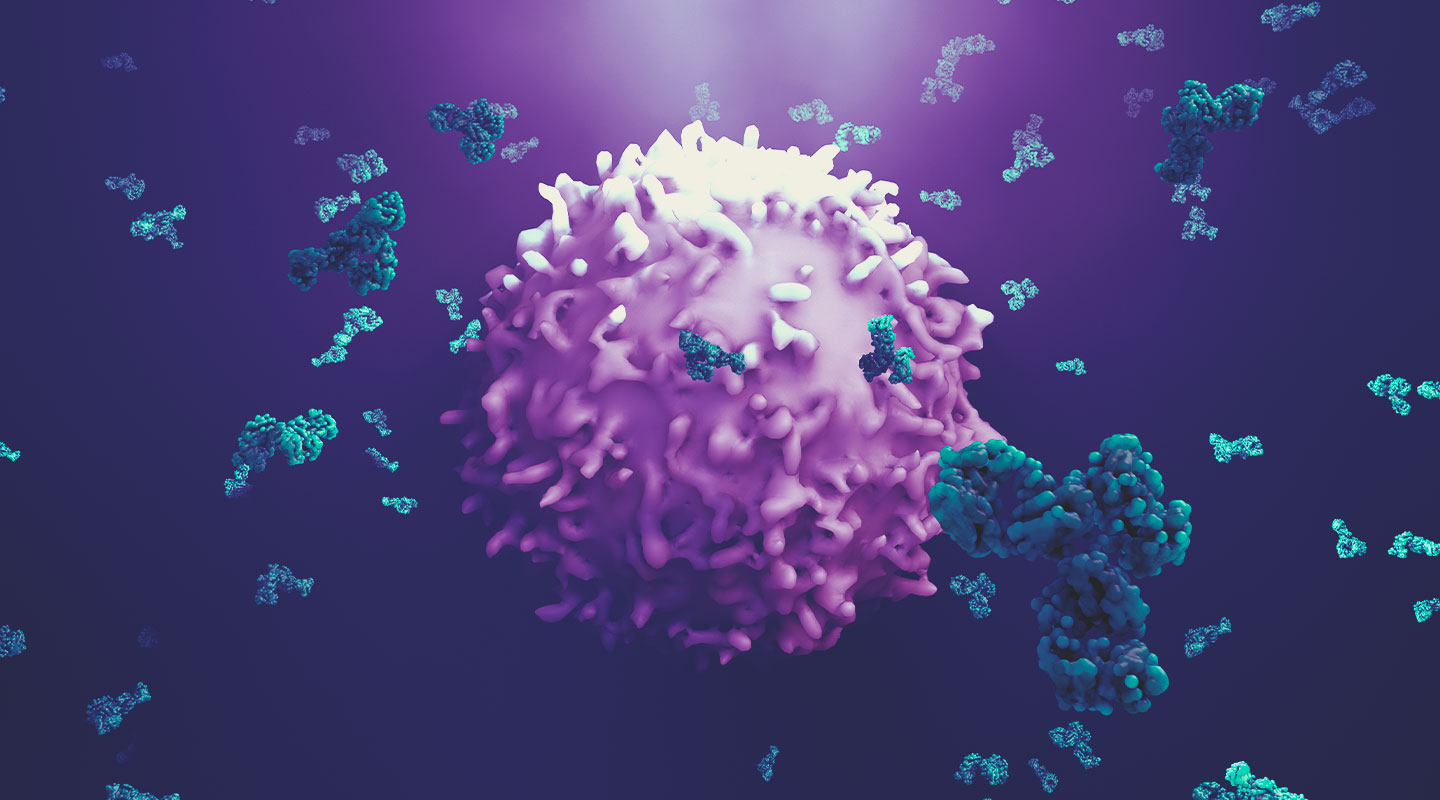
What Is Medical Marijuana?
Medical marijuana simply refers to cannabis used in a therapeutic context. While some people use cannabis recreationally (to get high), millions of people around the world use the herb in an attempt to treat the symptoms of many different health conditions.
Cannabis produces a diverse range of plant molecules (phytochemicals) that appeal to scientific researchers. The two most well-known—THC and CBD—belong to the cannabinoid family, alongside over 100 other molecules. Cannabis also contains over 200 aromatic terpenes, which produce their own interesting effects.
Currently, several countries and states prescribe cannabis for a list of conditions and diseases, including:
| Epilepsy | Chemotherapy side effects | Multiple sclerosis | Pain | Neurological conditions | Migraine |
| Epilepsy | Chemotherapy side effects |
| Multiple sclerosis | Pain |
| Neurological conditions | Migraine |
THC vs CBD
Although cannabis contains many different cannabinoids, THC and CBD have claimed the limelight so far. These molecules are the most prevalent cannabinoids within most strains, and thus researchers have studied them the most.
THC underpins the psychotropic effects of cannabis. It binds to receptors in the brain that temporarily change the firing of other neurotransmitters. Aside from the enjoyable high, ongoing studies are exploring the therapeutic role of THC in many diseases, including cancer[10].
What Does the Research Say About CBD Oil and Cancer?
Unlike THC, CBD doesn’t produce psychotropic effects. Instead, it offers a clear-headed sensation that many people enjoy throughout the day to feel relaxed while staying fully functional.
Ongoing investigations are looking into the ability of CBD to modulate pain and inflammation, and some studies have even tested the cannabinoid directly against cancer cells[11].
How Is Medical Marijuana Currently Used?
The American Cancer Society reports that early cell studies show cannabinoids may slow the spread of cancer cells[12] and even kill them. The authority also reports that limited animal studies show that these phytochemicals may slow the growth and spread of the disease.
However, there are currently no approved cannabis-based drugs that directly target cancer. But there are a handful of medicines that are approved to combat the symptoms of the disease and the side effects of current treatments, including:
| Dronabinol | THC capsules approved by the Food and Drug Administration (FDA) to treat nausea and vomiting caused by chemotherapy |
| Nabilone | A synthetic form of THC used to treat chemotherapy side effects |
| Nabiximols |
A whole-plant extract mouth spray containing both THC and CBD; approved in Canada and parts of Europe to treat pain linked to cancer |
| Dronabinol |
| THC capsules approved by the Food and Drug Administration (FDA) to treat nausea and vomiting caused by chemotherapy |
| Nabilone |
|
A synthetic form of THC used to treat chemotherapy side effects |
| Nabiximols |
|
A whole-plant extract mouth spray containing both THC and CBD; approved in Canada and parts of Europe to treat pain linked to cancer |
Delivery Methods
Cannabis users consume the herb in a variety of ways. Each route of administration offers slightly different effects and speeds of onset. The list of approved drugs references two specific routes, but there are other ways to take the plant. The main delivery methods include:
- Smoking/vaping: These methods deliver cannabinoids directly into the bloodstream through the alveoli of the lungs. This results in a rapid onset and relatively short duration.
- Oral: Edible cannabis includes a wide variety of products, from capsules to cakes. Orally administered cannabinoids take longer to set in because they have to endure the digestive system first. It typically takes 30–60 minutes to feel the effects. However, the effects are more pronounced and last longer. In the case of THC, the liver converts the cannabinoids into a more potent psychotropic molecule.
- Sublingual: Sprays and oils are applied under the tongue. Here, they diffuse through a thin layer of tissue and directly into the capillary bed. This grants them rapid access to the bloodstream, resulting in a quick onset.
Does Smoking Cannabis Cause Cancer?
To some, smoking cannabis to prevent or fight cancer might seem incredibly counterintuitive. After all, smoking any substance involves combustion, and combustion equals carcinogens. These nasty chemicals cause millions of cases of cancer every year.
While smoking tobacco certainly increases the risk of developing cancer, things are slightly more complex when it comes to cannabis. Smoking the herb exposes the body to carcinogens, but it also involves inhaling several molecules that researchers are investigating for anti-cancer effects.
A 2020 study published in the journal Cannabis and Cannabinoid Research aimed to shine a light on this issue[13]. The researchers agreed on three hypotheses before examining a large body of data to explore the association between smoking cannabis and cancer:
- Hypothesis 1: The carcinogenic effects of smoking predominate and result in an increased risk of cancer
- Hypothesis 2: The potential antitumour effects of cannabinoids cancel out the carcinogenic effects of smoking
- Hypothesis 3: The potential antitumour effects predominate and lower the risk of cancer
After performing statistical analysis on the numbers, the researchers found that the data did not support the first hypothesis. Instead, they found a negative association between smoking cannabis and the risk of cancer, with the exception of testicular cancer.
The researchers concluded: “There is an emerging trend in which patients turn away from more mainstream chemotherapy methods and instead attempt to use cannabis as a stand-alone cancer cure”.
They also stated that the results don’t justify the average recreational use of cannabis to treat cancer. However, they did mention the potential therapeutic role of the herb alongside conventional treatments, adding, “..the results do suggest that, in addition to providing significant improvements in the quality of life of cancer patients, adding cannabis therapy to established cancer treatment regimens may well improve treatment efficacy without stimulating tumour growth”.
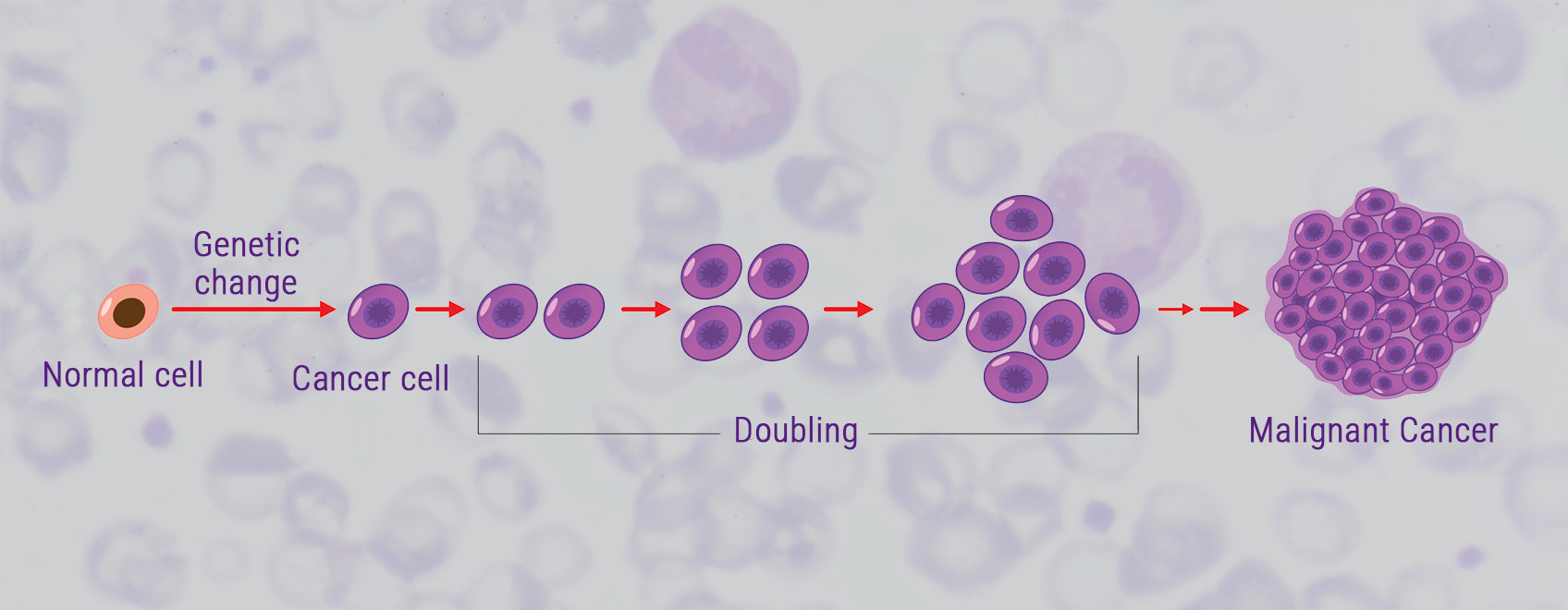
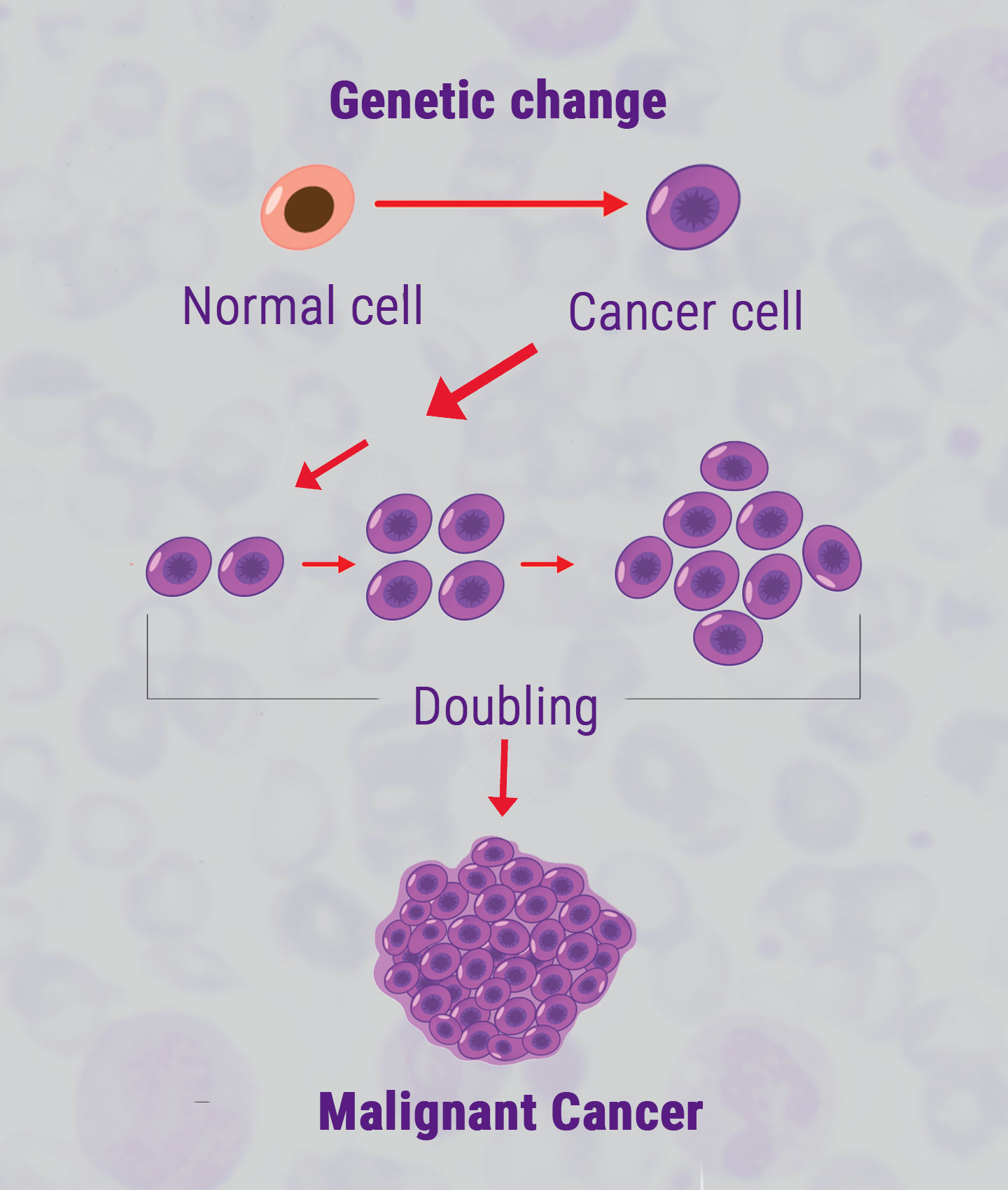
Interactions With Conventional Cancer Therapies
Cannabis may interact with conventional cancer treatments in both positive and negative ways. As you’ve seen, some approved cannabis-based medicines are administered specifically to reduce the symptoms of chemotherapy.
Chemotherapy takes a toll on the body. It can cause damage to major organs, cause rapid weight loss, make patients feel nauseated to the point of vomiting, and reduce appetite. THC-containing drugs can help to reduce nausea, and also stimulate the appetite to help patients eat properly and put on weight again.
However, things are a bit more complicated when it comes to CBD. This cannabinoid can change the function of enzymes in the liver that metabolise a host of pharmaceuticals, including chemotherapy drugs. Some cancer treatments rely on these enzymes to maintain their effectiveness, and CBD could reduce their potency[14]. However, more research is needed in this area to paint a clearer picture.
Ongoing Studies on Marijuana and Cancer
Decades of prohibition haven’t helped researchers get to grips with the role of cannabis as a cancer therapeutic. However, studies are starting to emerge that elucidate how weed might work against certain forms of the disease. Check out the ongoing research on cannabis and two of the most devastating forms of cancer below.
-
Lymphoma
Lymphoma attacks the lymphatic system, a body-wide network that helps to fight off infections and remove toxins. Certain lymphomas are highly aggressive, but conventional treatments work quite well against them.
Ongoing research hopes to explore the role of cannabinoids as another potential treatment route. A 2020 study conducted at Tel Aviv University in Israel tested the effects of cannabinoids against lymphoma cells[15].
The researchers used cannabis extracts containing CBD, CBG, THC, and CBC, and found that they produced more pronounced effects when used synergistically. These compounds managed to arrest the cancer cell cycle and induce cell self-destruction—a process known as apoptosis. After examining their results, the research team concluded, “We suggest that specifying formulations of synergistic active cannabis compounds and unravelling their modes of action may lead to new cannabis-based therapies”.
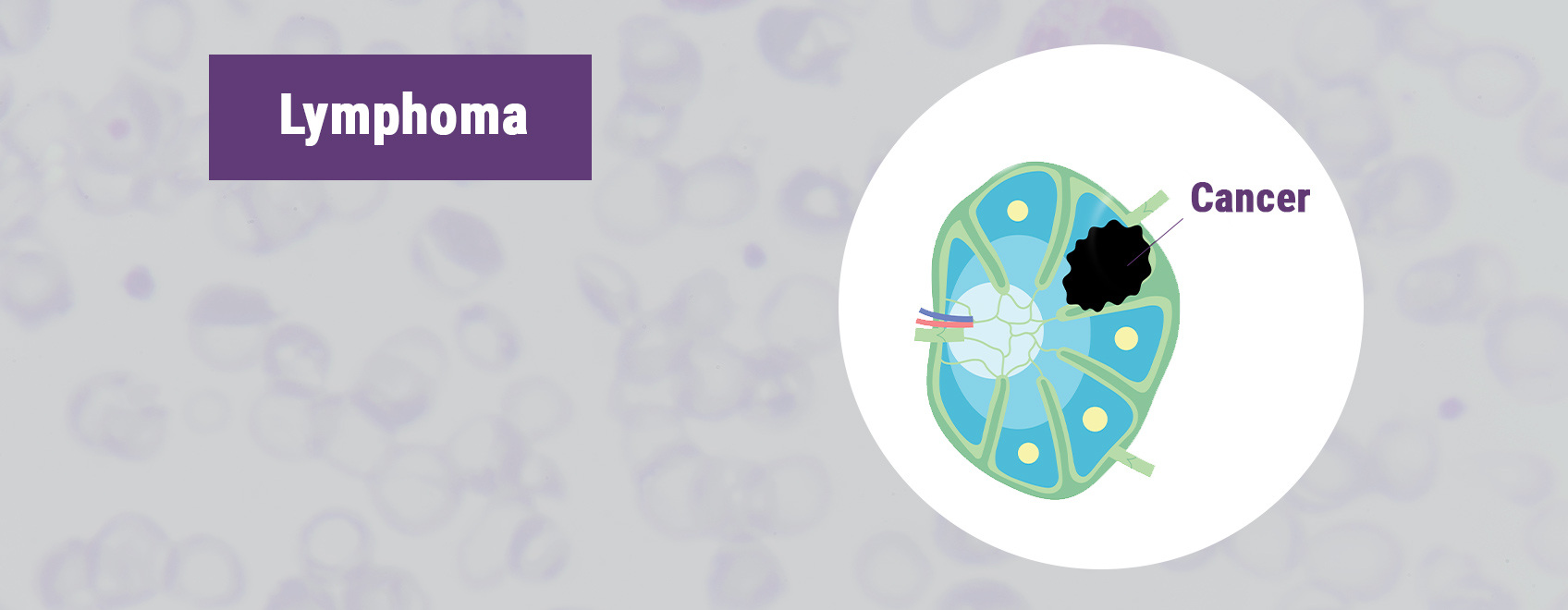
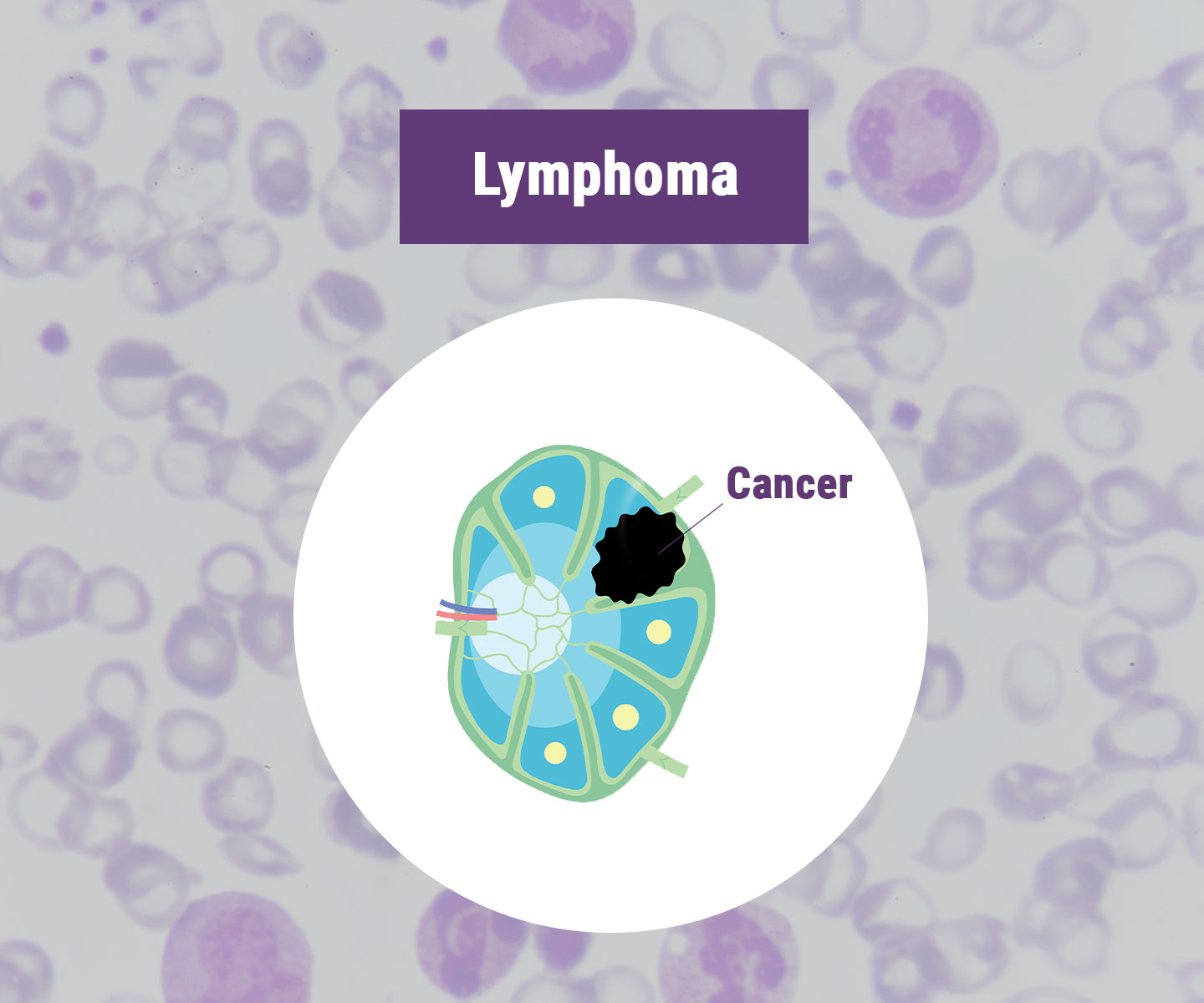
-
Leukemia
As a form of cancer that affects white blood cells, leukemia moves fast, viciously, and compromises the immune system. Researchers from the University of London in the United Kingdom tested cannabinoids against leukemia cells[16] in a Petri dish. They found that the cannabinoids managed to kill off the cells to a degree when used alone.
However, the addition of chemotherapy alongside the cannabinoids produced much more potent effects. These findings certainly justify further examination of the effects of cannabinoids against leukemia. But only controlled human clinical trials will reveal their efficacy against the disease in humans.
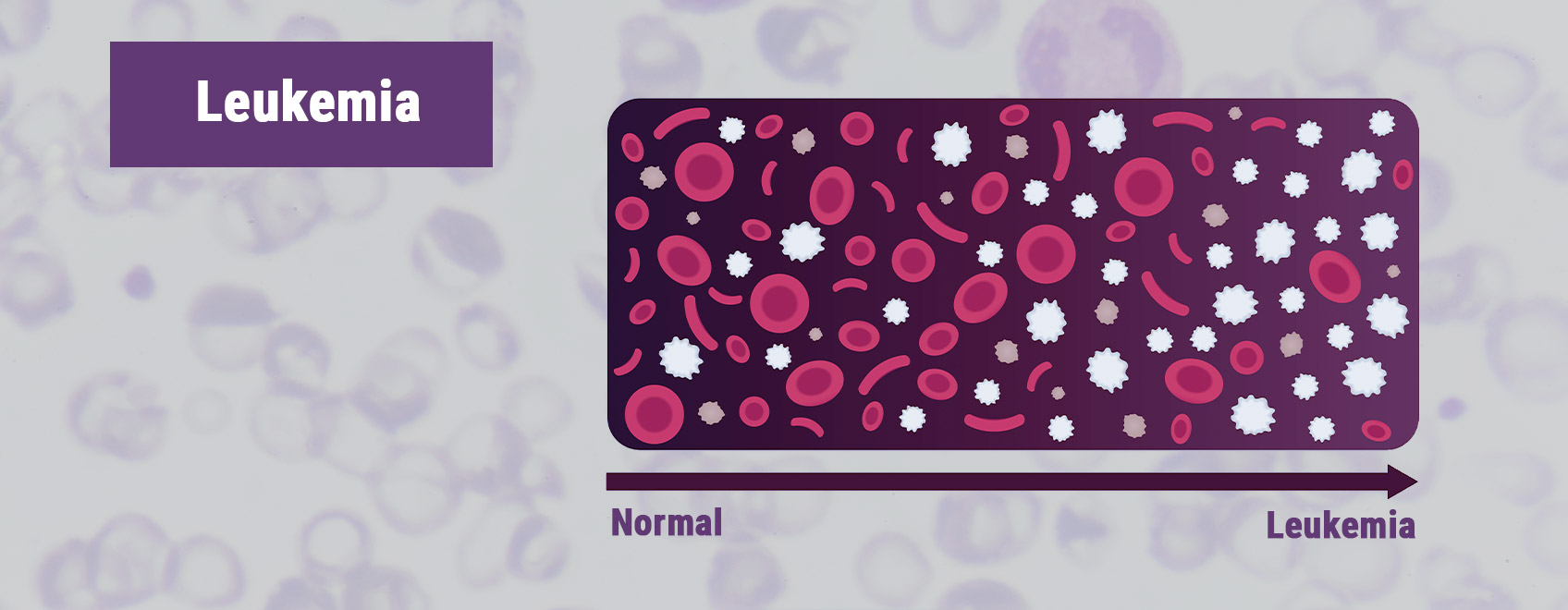
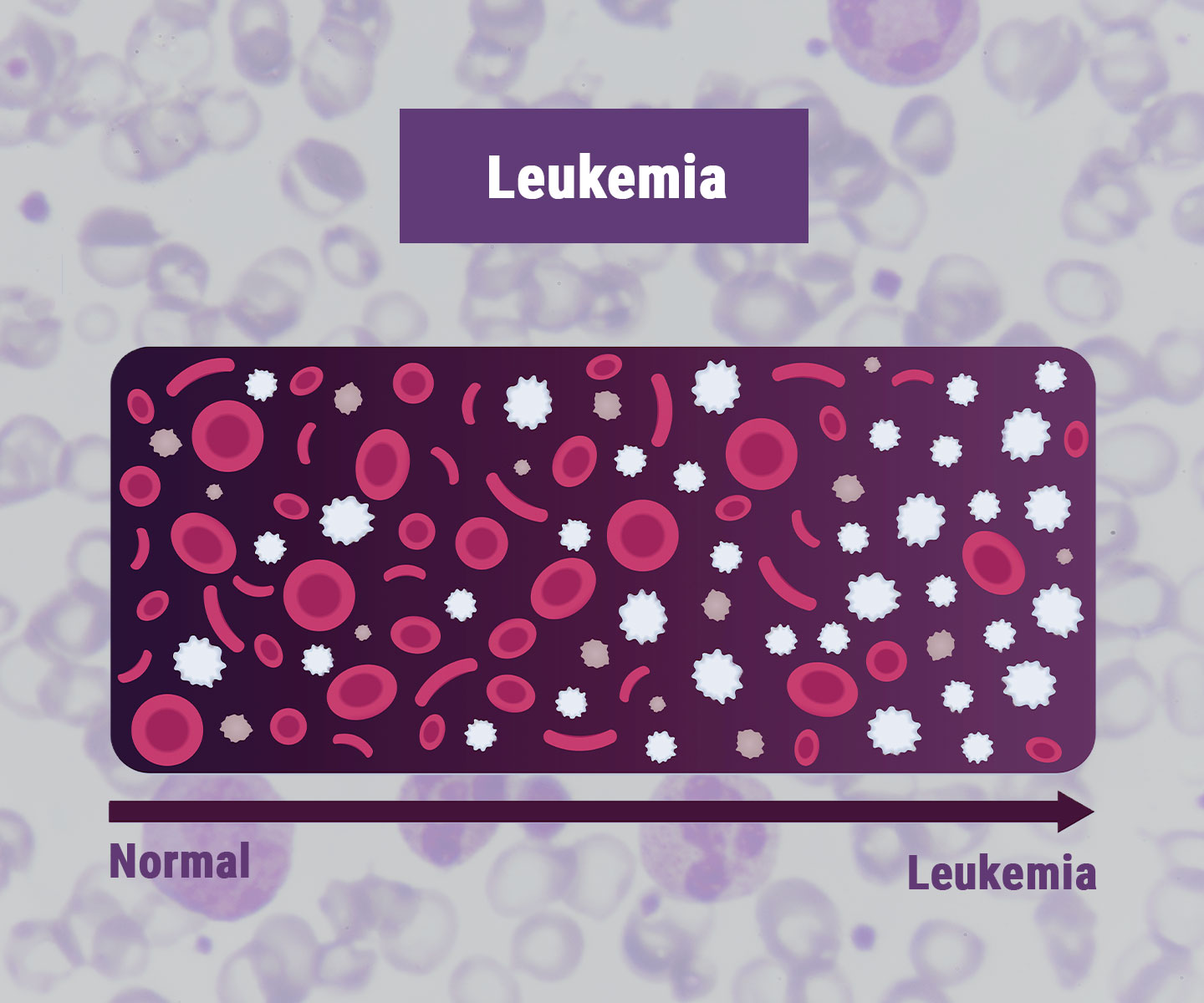
Side Effects of Conventional Treatments vs Medical Marijuana Treatments
Both conventional treatments and cannabis therapies produce their own set of side effects. We know that using cannabis alongside chemotherapy can help to reduce associated nausea, but what do the side effects of each therapy look like in isolation?
-
Side Effects of Conventional Treatments
Conventional treatments for cancer are infamously brutal. Most of them produce dramatic side effects that can vastly and rapidly change the physical appearance and overall health of a patient.
|
Side effects of chemotherapy |
Side effects of radiotherapy |
|
Hair loss |
Stiff joints and muscles |
|
Infections |
Sex and fertility issues |
|
Bruising and bleeding |
Diarrhoea |
|
Fatigue |
Sore skin |
|
Reduce appetite |
Mouth problems |
|
Anemia |
|
Side effects of chemotherapy |
|
Hair loss |
|
Infections |
|
Bruising and bleeding |
|
Fatigue |
|
Reduce appetite |
|
Anaemia |
|
Side effects of radiotherapy |
|
Stiff joints and muscles |
|
Sex and fertility issues |
|
Diarrhoea |
|
Sore skin |
|
Mouth problems |
-
Side Effects of Cannabis Therapy
In comparison, cannabis therapy produces far less devastating side effects. However, there is not enough research at this point to justify using these compounds as a standalone treatment. Yet, early studies do indicate that they may augment current treatments and possibly minimise the side effects of these options. Certain cannabinoids also result in side effects that some patients find uncomfortable, which has led to their discontinuation in some clinical trials.
|
Side effects of THC |
Side effects of CBD |
|
Appetite changes |
Dry mouth |
|
Dry mouth |
Low blood pressure |
|
Weight loss |
Lightheadedness |
|
Dizziness |
Drowsiness |
|
Anxiety and panic |
|
Side effects of THC |
|
Appetite changes |
|
Dry mouth |
|
Weight loss |
|
Dizziness |
|
Anxiety and panic |
|
Side effects of CBD |
|
Dry mouth |
|
Low blood pressure |
|
Lightheadedness |
|
Drowsiness |
Cannabis also contains hundreds of other molecules in much smaller quantities. If researchers conduct studies using higher concentrations of these in the future, they may end up identifying side effects unique to these additional phytochemicals.
Legality of Medical Marijuana for Cancer
So, what does the law say about using cannabis against cancer? As it stands, there are no cannabis-based drugs approved to directly treat cancer. While some patients turn to black market deals to incorporate cannabis into their treatment regimen, millions of people are able to legally access cannabis to reduce the side effects of conventional treatments.
Citizens in the United States are able to access FDA-approved synthetic THC products[17] to help combat chemotherapy-induced nausea and vomiting and to stimulate the appetite. Patients in certain legal states can also access a wide range of cannabis products, such as extracts and edibles, from licensed dispensaries. Patients can access medical marijuana cards with cancer as a qualifying condition in many states.
Things are also moving forward in Europe. In March 2021, France started a medical cannabis trial that allowed patients with cancer and other conditions to access medical cannabis[18]. Physicians in the Netherlands can recommend medical cannabis[19] for appetite changes and the nausea and vomiting associated with cancer treatment.
However, cancer patients throughout most of Europe have no access to medical cannabis. As more human trials continue to explore the effectiveness of cannabis against cancer and its related symptoms, legal access throughout the continent should hopefully improve.
Cannabis and Cancer: Where We’re At
We’re still in the early stages of cannabis research when it comes to cancer. Although many cell studies and a handful of human trials paint a positive picture, much more evidence needs to be compiled. For now, we can say that cannabis will probably play a bigger role in treating the disease in the future. As researchers continue to find out exactly how cannabis constituents work in the body—and against cancer cells—millions of cancer patients should gain access to the herb and its components over the coming decade.
And what about smoking cannabis? The current research seems to flip the paradigm on its head. Although smoking anything can increase the risk of cancer, cannabis appears unique in that some of its molecules seem to offset this negative effect. But we need to take this data with a big grain of salt and wait for more probing before we draw any solid conclusions from these findings.
- Cancer https://www.who.int
- Cancer - NHS https://www.nhs.uk
- Cancer Statistics for the UK https://www.cancerresearchuk.org
- DNA Damage/Repair Management in Cancers https://www.ncbi.nlm.nih.gov
- What is a gene?: MedlinePlus Genetics https://medlineplus.gov
- Understanding Cancer - NIH Curriculum Supplement Series - NCBI Bookshelf https://www.ncbi.nlm.nih.gov
- How do cancer cells achieve immortality? https://www.jax.org
- An Answer to How Cancer Cells Hide From the Immune System https://journals.lww.com
- How can cancer kill you? | Dying with cancer | Cancer Research UK https://www.cancerresearchuk.org
- Cannabinoids in cancer treatment: Therapeutic potential and legislation https://www.ncbi.nlm.nih.gov
- Future Aspects for Cannabinoids in Breast Cancer Therapy https://www.ncbi.nlm.nih.gov
- Marijuana and Cancer https://www.cancer.org
- Scoping Review and Meta-Analysis Suggests that Cannabis Use May Reduce Cancer Risk in the United States https://www.liebertpub.com
- CBD oil and cancer: 9 things to know | MD Anderson Cancer Center https://www.mdanderson.org
- Synergistic cytotoxic activity of cannabinoids from cannabis sativa against cutaneous T-cell lymphoma (CTCL) in-vitro and ex-vivo https://www.ncbi.nlm.nih.gov
- Anticancer effects of phytocannabinoids used with chemotherapy in leukaemia cells can be improved by altering the sequence of their administration https://www.spandidos-publications.com
- Medical Marijuana (Cannabinoid-Derived Products) for Cancer Patients https://www.accc-cancer.org
- Delayed medical cannabis trials begin in France https://www.connexionfrance.com
- Medicinal Cannabis on Prescription in The Netherlands: Statistics for 2003–2016 https://www.ncbi.nlm.nih.gov


























